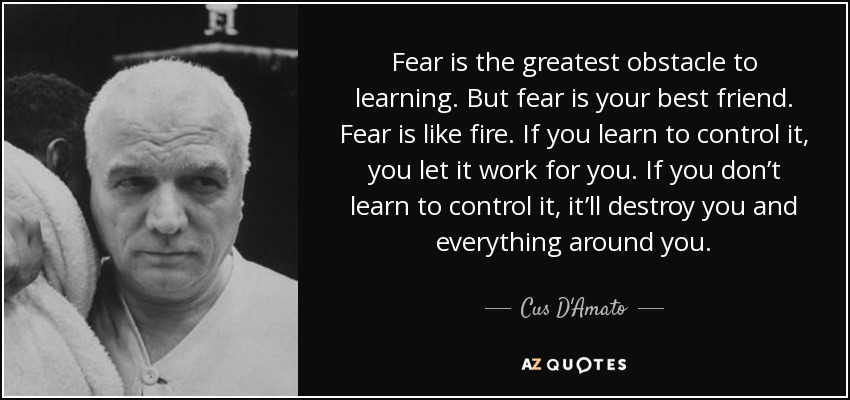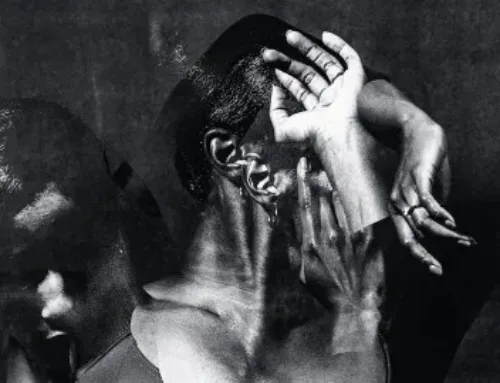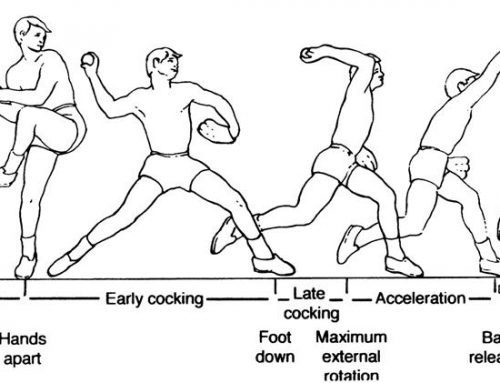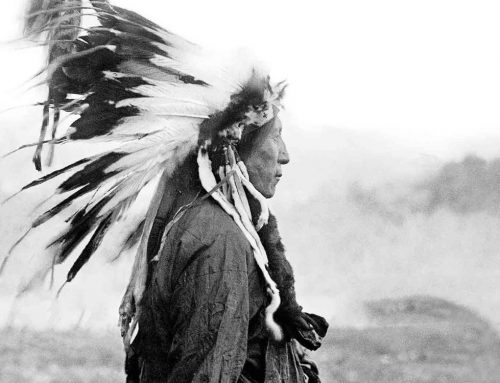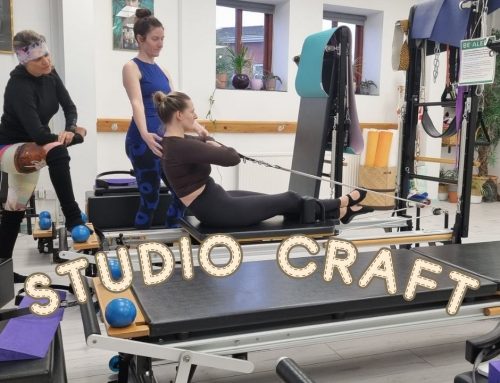Are you stuck in rut? Want to lose weight? Get fit? Gain core strength, flexibility and balance? Or perhaps need help with a health condition or back injury? Then maybe you need a good coach?
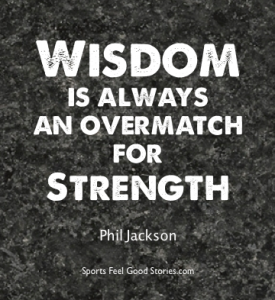
There is no exact blueprint for a good coach, as each coach will have their own strengths and weaknesses. However, there are some distinct qualities that good coaches have in common. A client has more ability to change if they have their own trainer or coach. The trainer or coach should also be using a coach or trainer too.

Mike Tysons boxing coach ‘Cuss d’amati’ used specific mind body objectives, looked at life and lifestyle and coached Mike Tyson not only the physical skills but also the psychological drive to win – but at a terrible personal cost. “Cus made me believe that I should be treated like a god anywhere I went because I was the greatest,” says Tyson. “Cus brainwashed me with that arrogance and viciousness.”
As you read this list, ask yourself how you measure up against each of these qualities and identify which areas could use more of your attention. If you have been receiving coaching yourself and feel like it could be more effective, this list might give you a window to a constructive conversation with your mentor to improve the relationship.

When you enter one of my studios you will come in through a consultation of your choice. This ranges from a basic movement assessment of 30 mins to in-depth study looking at everything form the 29 organ systems, back assessments, holistic life style to primal movement patterns and gut health.
Think back to the people in your life who have recognized your potential and used their talents to help you discover and shape your own. When a coach like this is present in the workplace, his or her influence can have a profound impact on the professional development of the entire team as well as the individuals within it. Most people would rather work under a manager who behaves as a coach than one who dictates and directs from above.
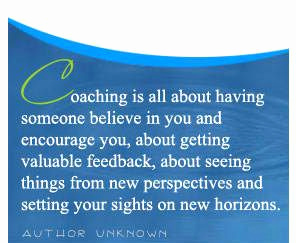
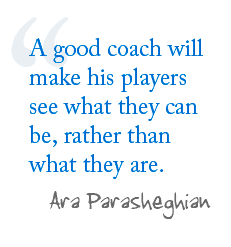
Coaching your employees is an important step in developing an internal culture that supports the customer experience. Sometimes coaching can happen “on the fly” when learning opportunities present themselves, but formal coaching sessions provide a great benefit to employees, who get the chance to ask questions, practice skills, and set goals against which they can measure their progress over time.
These are the qualities that I feel every coach should have and use :
- Genuine – Be authentic and plane real.
- Empathy – Feeling what makes other feel without feeling engulfed.
- Potenecy – Channeling positive emotions.
- Concreteness – Down to earth and practical specifics.
- Respect – Esteem for a sense of worth or excellence towards the self and others
- Warmth, kindness, gentleness and promotes relatedness.
- Confrontedness – The ability to confront when needed.
- Self actualisation – On the path aligned with values.
- Immediacy – Here and now (no procrastination)
- Self disclosure – honesty, sharing where appropriate
Bibliography
‘Four Quadrants’ – Paul Chek

